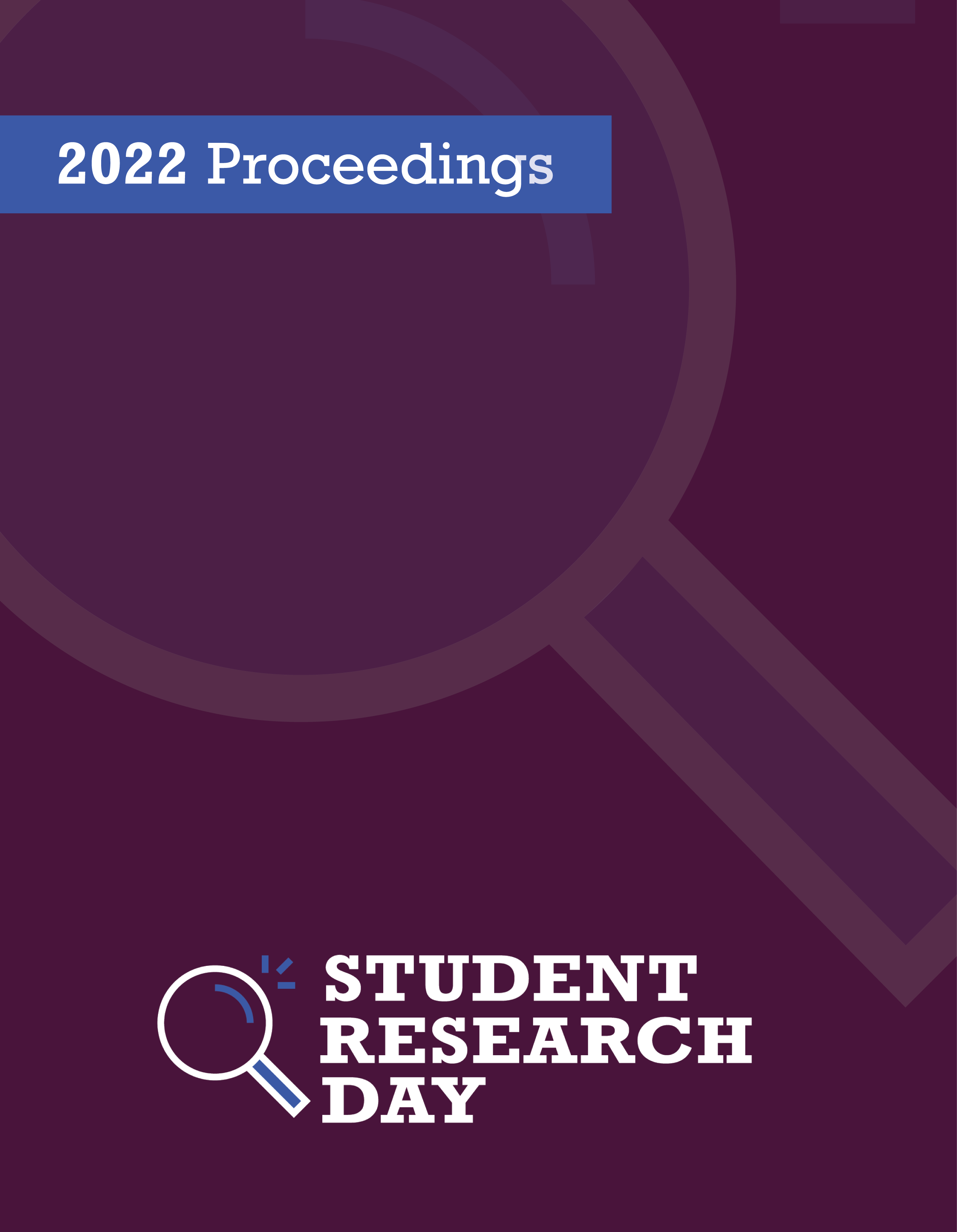Stronger Than Fiction: Examining the Appeal of Fictional Characters in Parasocial Relationships
Abstract
Parasocial relationships have become a popular topic of discourse throughout the COVID-19 pandemic when people are expected to keep a distance from each other. First coined by Donald Horton & Richard Wohl, parasocial interaction, unlike face-to-face interaction, is a one-sided perception of face-to-face interaction between an audience and a persona in a piece of media (Gregg & Schippia, 2017, p. 2). One particular parasocial relationship that has gained prominence in recent years is the parasocial relationships that individuals have with fictional characters, such as those in books, movies, television shows, and video games. According to Allen (2017), there are three major responses to parasocial interactions: 1) attractiveness or likeability, 2) perceived similarity, and 3) perceived realism. The researcher of this study aims to evaluate the most influential traits of a fictional character's appeal in parasocial relationships by conducting a survey and interviewing interested candidates over the age of 18. This study seeks out a sample of individuals 18 and older by posting a survey to a Facebook group dedicated to anime and manga communities and then reach out to the respondents interested in being interviewed. The interviews will then aim to understand how the participants perceive their parasocial relationships with their favourite fictional character and the most appealing traits of these fictional characters.
Department: Communication
Faculty Mentor: Dr. Lucille Mazo
References
Published
Issue
Section
License
Authors retain any and all existing copyright to works contributed to these proceedings.



